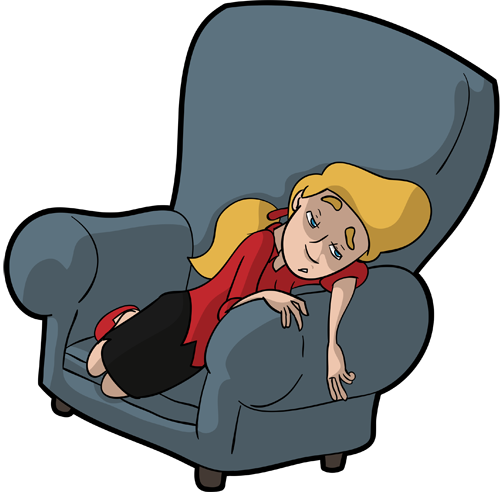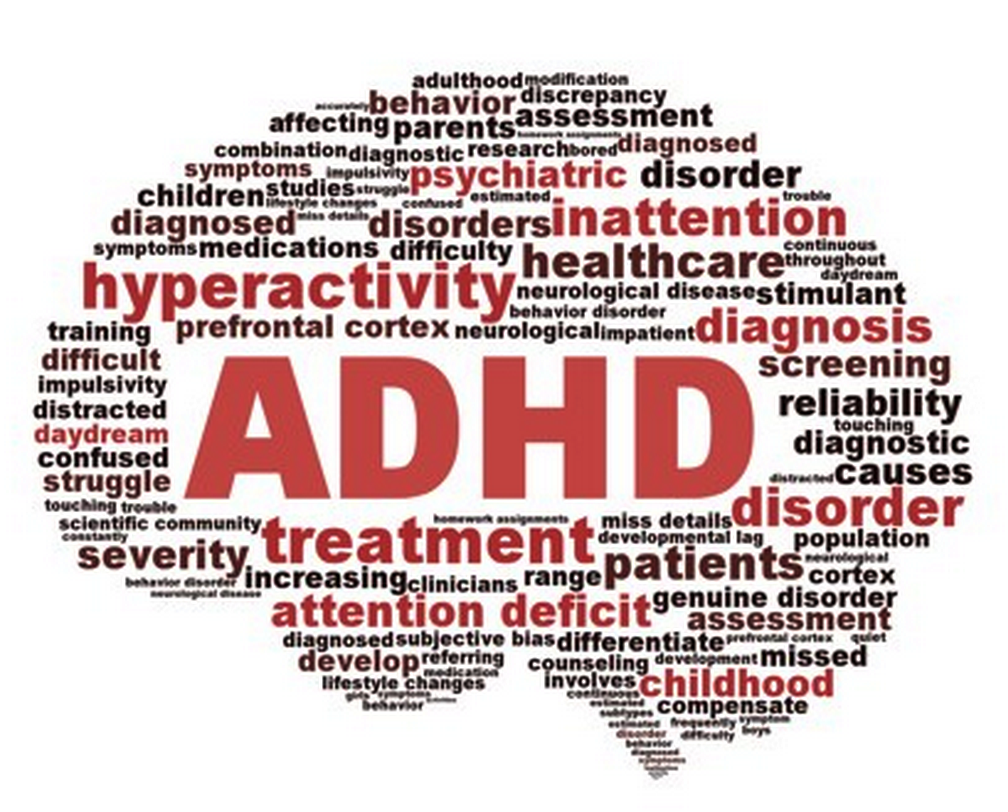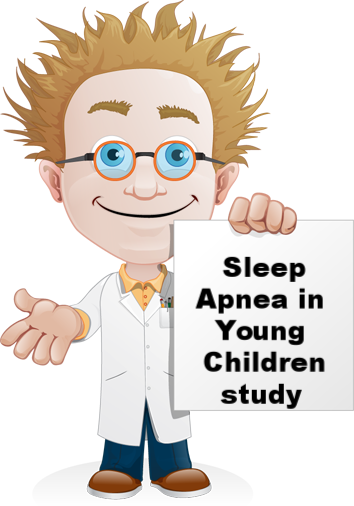With the limitations of today’s antidepressants, the need to find alternative treatments for major depressive disorder is strong.
Whole-body hyperthermia (WBH) may ease depression symptoms for up to 6 weeks, according to a study published in JAMA Psychiatry to coincide with the annual meeting of the Society of Biological Psychiatry, held from May 12 to 14 in Atlanta.
Researchers evaluated 29 patients (18 to 65 years of age) who were deemed medically healthy, met criteria for major depressive disorder, were free of psychotropic medication use, and had a baseline 17-item Hamilton Depression Rating Scale score of 16 or greater.
The team conducted a 6-week, randomized, double-blind study at a university-based medical center comparing WBH with a sham treatment.
One week after treatment, the researchers re-evaluated each participant's depression symptoms. Additional evaluations were conducted every 2 weeks for 6 weeks.
The researchers found that 60% of the patients responded to treatment and 40% met the criteria for remission from their depression.
The real hyperthermia therapy improved depression scores a week later by an average of 5.67 points above that produced by the sham treatment. At 6 weeks after treatment, the real treatment had still improved depression scores by 4.83 points.
"We were surprised to see that the effect (of reduced depression symptoms) was still present six weeks after the initial treatment," study author Charles Raison, MD, of the University of Wisconsin-Madison, said in a university news release.
Self-reports from the volunteers also showed their syptoms of depression had eased slightly. The participants reported only minor adverse effects from the treatment.









